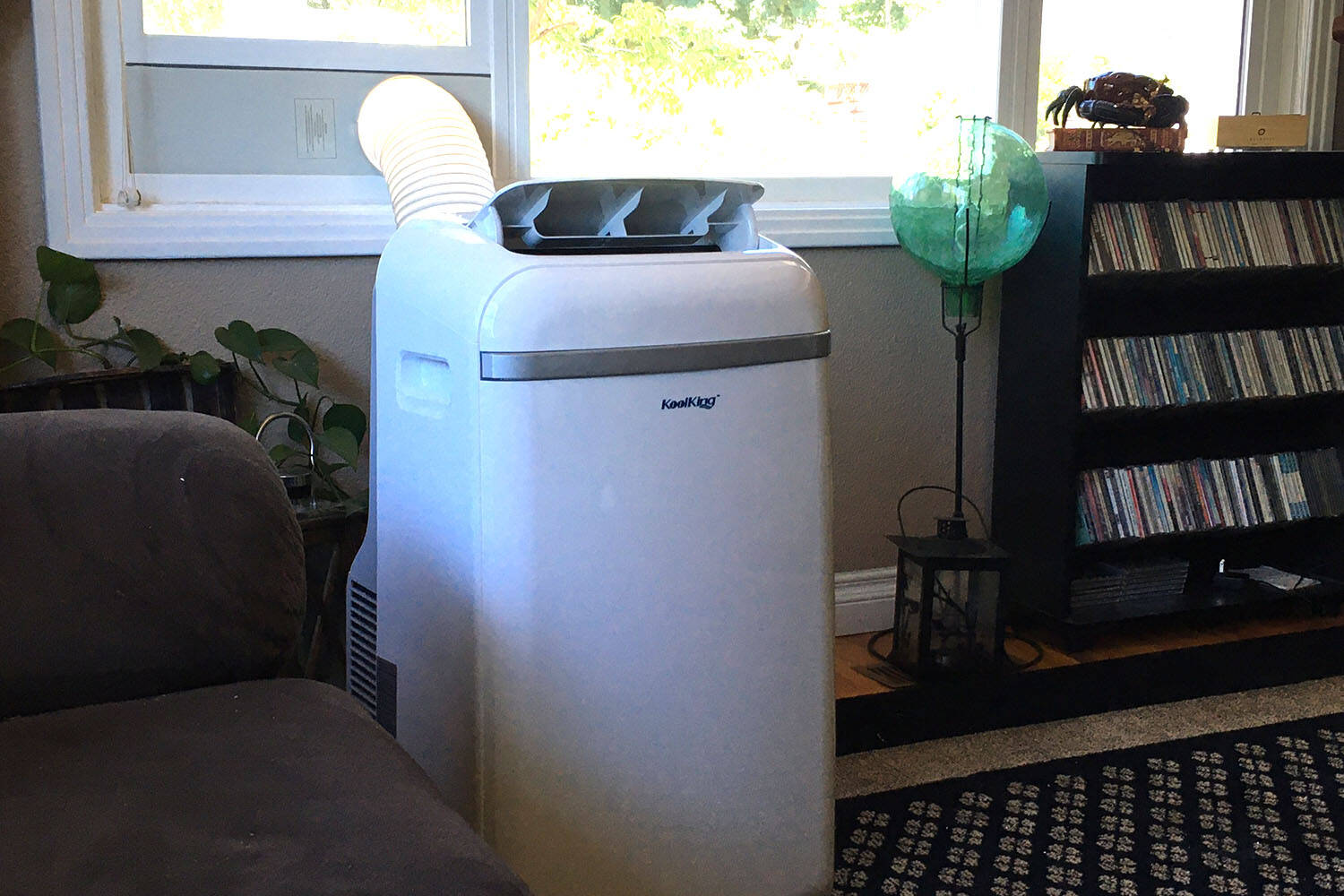The province is expanding its program to provide air conditioners to those most at risk of extreme heat, with an additional $20 million.
Minister of Energy, Mines and Low Carbon Innovation Josie Osborne announced the expansion Friday (May 31) during an update on summer heat preparedness. The province expects the additional $20 million will allow for 19,000 more households to be eligible to access a free AC unit.
She said in 2023 the province provided $10 million to BC Hydro to provide air conditioning units for those who really struggle with extreme heat. That funding provided units to about 6,000 people.
“There are many people in British Columbia who struggle with extreme heat, and they often have limited options available to them when it comes to cooling their homes. This is especially for people who have lower incomes or people who are medically vulnerable.”
The program, which is income based, is provided through BC Hydro and includes one portable air conditioner unit and a one-time installation.
For a one-person household to be eligible, the maximum household income before tax must be $39,700. For a household of four people, the maximum income must be $73,800.
Asked if there was and plan to consider moving the income thresholds, Osborne said the “program is really targeted at those who are struggling the most with costs.”
READ MORE: B.C.’s low-income renters thought they’d get free AC units, but face hurdles
Osborne said since the program launched in 2023 BC Hydro has made some important changes to the self-serve installation to speed up the process.
She said that based on feedback received from renters about accessing the program, as well as “most landlords have been very supportive. She added strata corporations and landlords need to work together with tenants to help ensure these units are safely installed.
Health Minister Adrian Dix said the need for the air conditioners was demonstrated by the public response.
He said the original $10 million was expected to last over three years, but the demand proved a higher demand. He expects to the additional $20 million will go to about the 2025/26 fiscal years.
READ MORE: B.C. to face hotter, drier conditions for much of June: Meteorologist
READ MORE: Air conditioners ‘a necessity’ as B.C. breaks nearly century-old heat records

